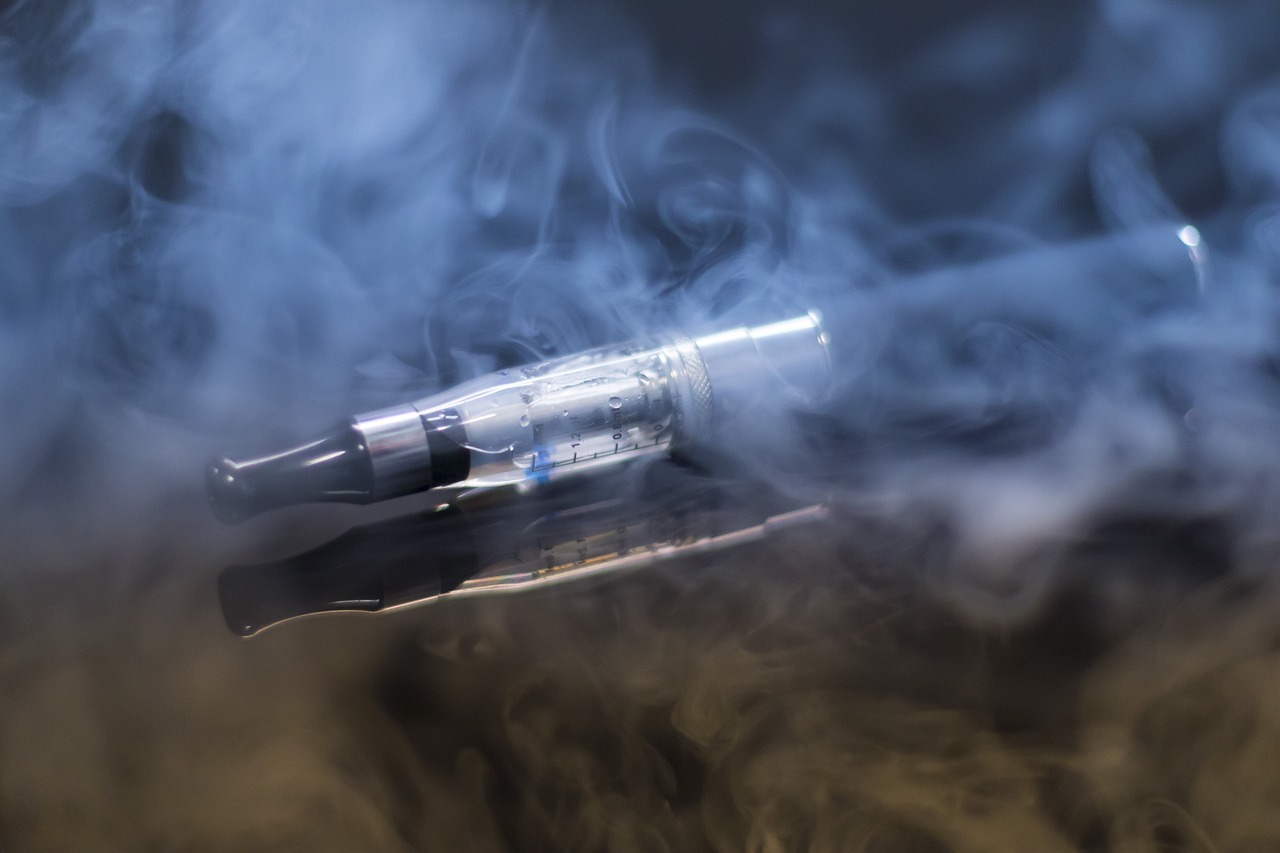Is THCA Vaping Safe? A Complete Guide to THCA Vape Cartridge Safety
With the rise of cannabis products, THCA vape cartridge potencyA vaping has gained attention for its potential benefits. As consumers explore this option, questions about safety naturally arise. This guide aims to provide a comprehensive overview of THCA vape cartridge safety, offering insights into what users should know before making a decision.
Understanding THCA and Its Benefits
THCA, or tetrahydrocannabinolic acid, is a non-psychoactive compound found in raw cannabis. Unlike THC, it does not produce a high when consumed. THCA is believed to offer several health benefits, including anti-inflammatory and neuroprotective properties. These potential advantages have made THCA a popular choice for those seeking therapeutic effects without the psychoactive experience.
How THCA Vaping Works
Vaping THCA involves heating the compound to convert it into THC, which can then be inhaled. This process is known as decarboxylation. Vape cartridges designed for THCA contain concentrated forms of the compound, allowing users to experience its effects quickly and efficiently.
Potential Risks of THCA Vaping
While THCA vaping offers potential benefits, it is not without risks. Some concerns include:
- Contaminants: Poorly manufactured cartridges may contain harmful substances such as heavy metals or pesticides.
- Quality Control: The lack of regulation in the cannabis industry can lead to inconsistencies in product quality.
- Health Effects: Inhaling vaporized substances can pose respiratory risks, particularly for individuals with pre-existing conditions.
Ensuring Safe THCA Vaping
To minimize risks, consumers should consider the following practices:
- Research Brands: Choose reputable brands with transparent manufacturing processes and third-party testing.
- Check Ingredients: Look for products with minimal additives and clear labeling of ingredients.
- Consult Professionals: Seek advice from healthcare providers or cannabis experts to understand potential interactions and effects.
Case Studies and Statistics
Recent studies have highlighted both the potential benefits and risks of vaping cannabis products. For instance, a 2020 study published in the Journal of the American Medical Association found that certain vape cartridges contained vitamin E acetate, a substance linked to lung injuries. On the other hand, research from the University of California suggested that THCA might offer neuroprotective benefits, particularly for conditions like Alzheimer’s disease.
Consumer Experiences
Many users report positive experiences with THCA vaping, citing relief from symptoms such as pain and anxiety. However, some have encountered issues with product quality or adverse effects. These mixed experiences underscore the importance of informed decision-making and careful product selection.
Regulatory Landscape
The regulatory environment for cannabis products varies widely across regions. In some areas, stringent testing and labeling requirements help ensure product safety. In others, the lack of regulation can lead to inconsistencies and potential risks. Consumers should be aware of the regulations in their area and choose products that comply with safety standards.
Future of THCA Vaping
As research into cannabis compounds continues, the future of THCA vaping looks promising. Advances in technology and increased regulation may enhance product safety and efficacy. Additionally, ongoing studies may uncover new therapeutic applications for THCA, further expanding its potential benefits.
Conclusion
THCA vaping presents both opportunities and challenges for consumers. By understanding the potential risks and benefits, individuals can make informed choices about their use of THCA vape cartridges. Prioritizing safety through careful product selection and staying informed about regulatory changes can help users enjoy the potential advantages of THCA while minimizing risks.
